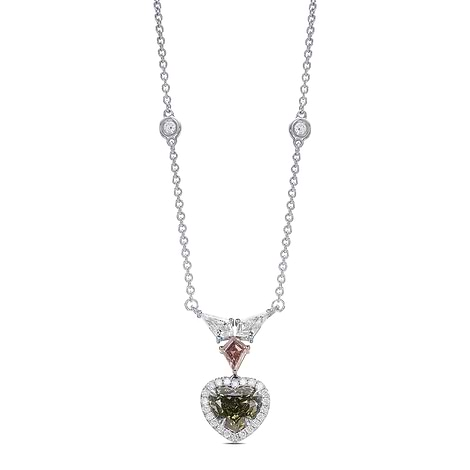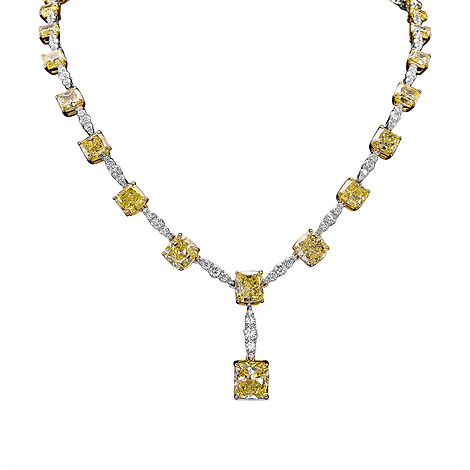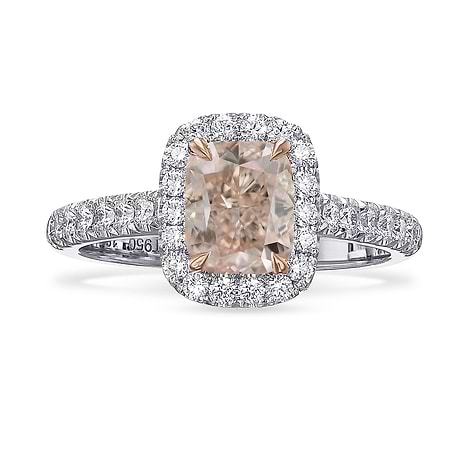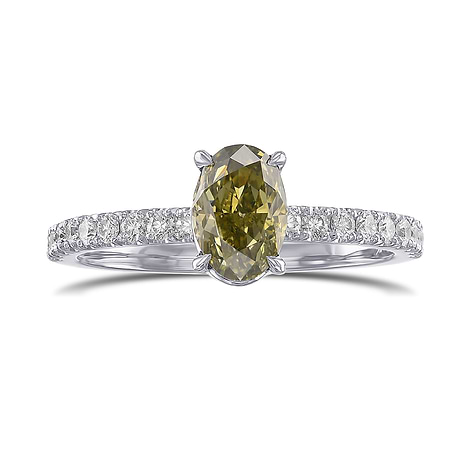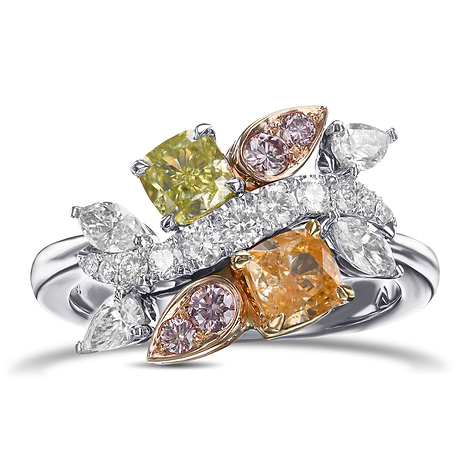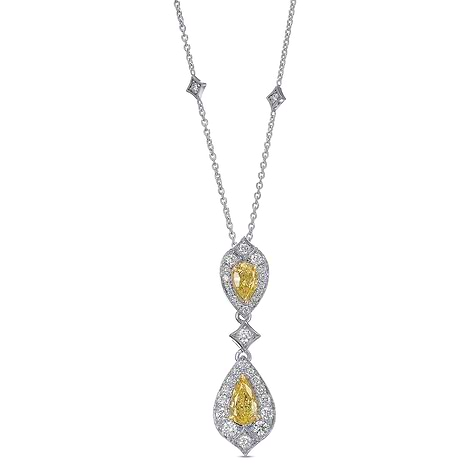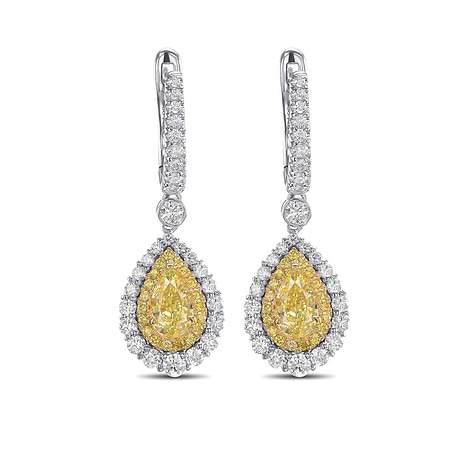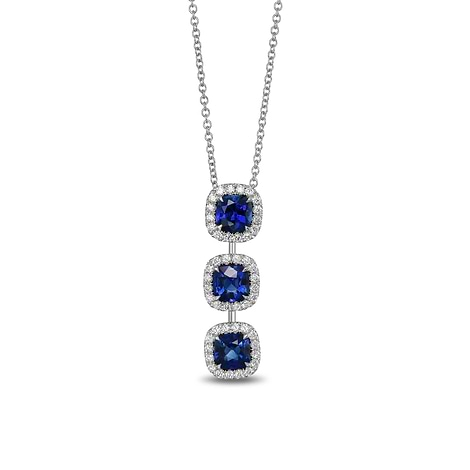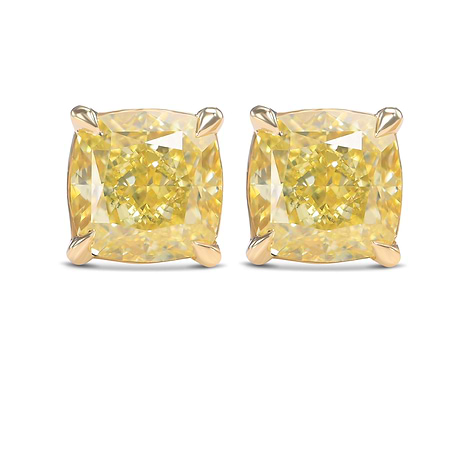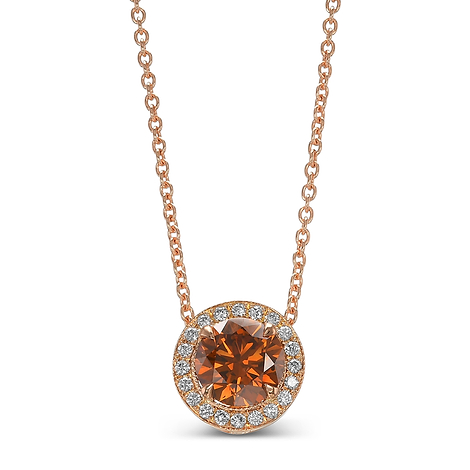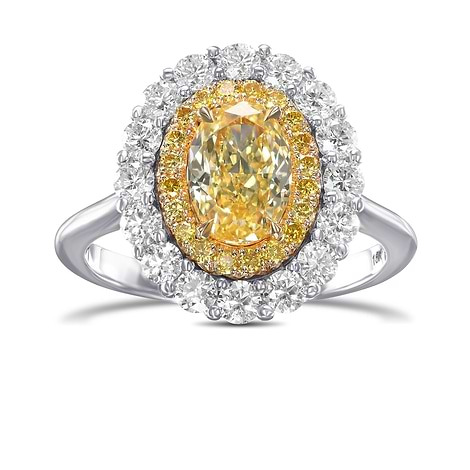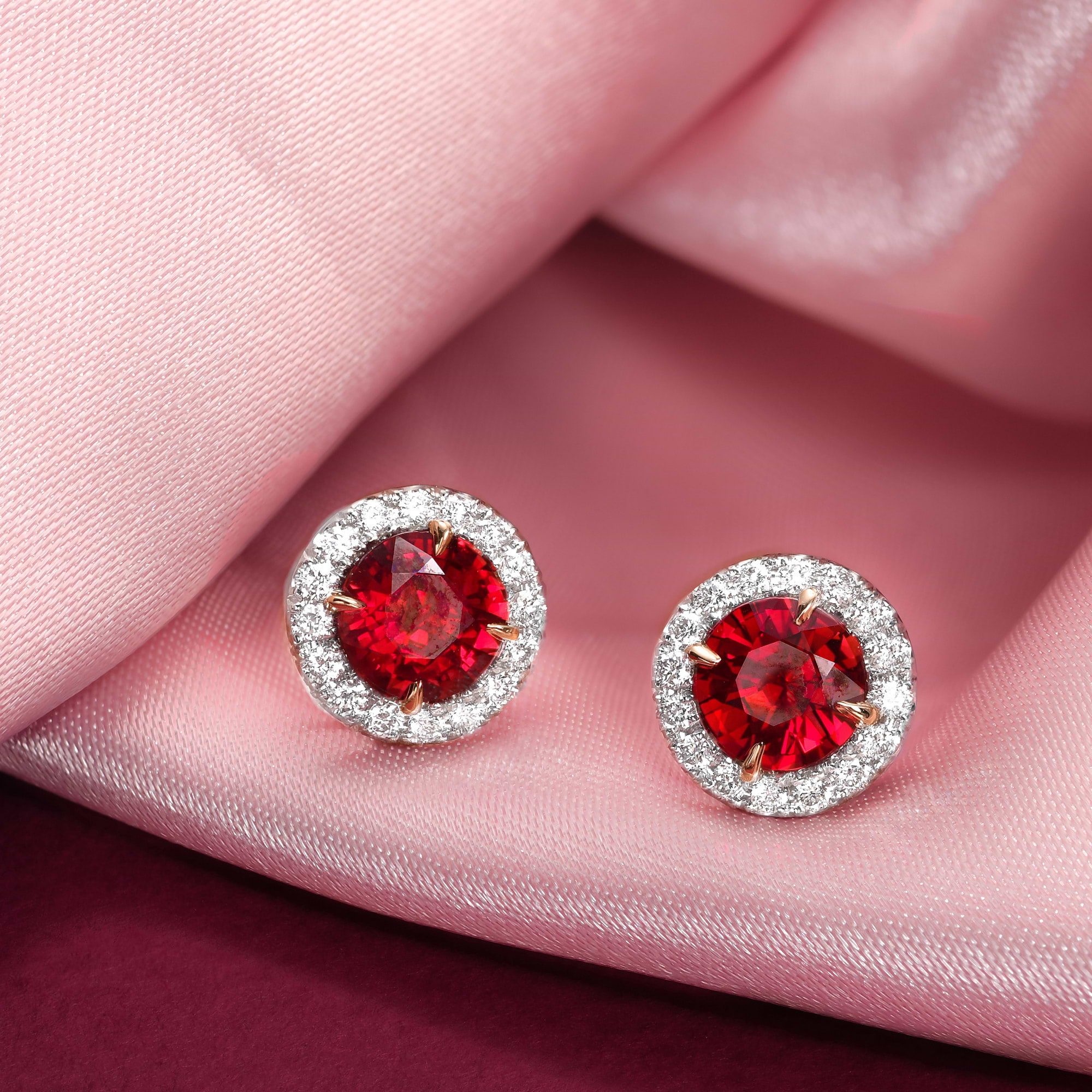I used to love bashing De Beers, and if you read through the archive of the many articles I had written in the past, you will see that I did so with fervor.
However, time moves on and new professionals come in to play all the time. So too here, a guy named Stephen Lussier suddenly appeared as the CEO at Forevermark at De Beers. Recently it was announced that Mr. Lussier wanted to relaunch one of my favorite branding and marketing campaigns of De Beers, 'Diamonds are Forever.'
Although his intention is to re-polish his own Forevermark brand, this campaign is something that will benefit the entire industry.
The uninterrupted and repeated flow of negative information about diamonds, together with the multiple price-decreases we have seen month after month, has succeeded in moving them from the value shelves into the discount department. Not to mention, the Rapaport list, we in the industry all know so well, which projects negative opinions that undermine the public perceptions of a diamond's value.
One can almost say that today diamonds and jewelry are viewed as discounted items with a short shelf life, and are susceptible to further decline. How did we fall into this insane trap?
Our product is 10 times more secure than any monetary instrument, including gold. Stocks, bonds, and money certificates have been badly hit and have lost their shine. Restoring their damaged value is like the restoration of historical buildings. It takes work, but the end result will be marvelous. Stephen Lussier is revitalizing the public perception of diamonds by first aiming at the millennials, the generation that was born in the 1980s and 1990s. De Beers' realization is correct that: "The millennials are moved by the same emotions and desire for love that A Diamond Is Forever stirred in previous generations." But, they have an entirely different view on values.
If I could, I would ask my friend, Mr. Stephen Lussier, whom I have never met or spoken to – if he could hold on for a second and listen to what I have to say. It isn't just about bringing the magic back, but how he plans to do so.
An average American adult spends more time today looking at his cell phone than watching TV. In fact, it is said that the average millennial in the USA spends twice as much time with their mobile as they do in front of the television.
In simple terms, the campaign needs to be Internet based, and not promoted on television, as it was done back in the day. The problem is, that it is actually more difficult to get the message across to this generation than it was to their grandparents who watched and loved stars like Marilyn Monroe.
The millennials are immune to storytelling – they've heard it all already. They don't want stories any more. Rather, they want content that shows the pure facts. Don't even try to tell them about love because with the amount of competition online, they will continue to the next subject without ever looking back.
Instead, tell them the facts of life: Diamonds will never be as cheap as they are today, and due to 30 years of neglect, diamonds are sold today at 20% of their real value. To put this in perspective, at the time of Marilyn Monroe, the cost of a Chevrolet was similar to a 1 carat diamond engagement ring.
Today, the cost of an average car has gone up 10 times compared to the average cost of a diamond. If you compare the cost of a 0.50 carat colorless, round brilliant in 1955, which then cost about USD200 with the same stone today, the cost would be roughly USD2000. We are looking at the nominal terms of a 10X price increase. An apartment that would have sold back then for approximately USD2000 could sell today for close to USD500,000.
Diamonds are selling today at record low prices comparatively to their real hidden value.
Don’t bother wasting too much on TV or printed advertisements. Rather, focus on creating good online content that is Mobile friendly. The cell phone is the present day connection to the outside world.
Through years of neglect, the prices of white diamonds has declined as much as their perceived value. Luckily, history has shown that fancy color diamonds simply don't have price declines or branding problems. A pink, blue or even a yellow (which today is quite common) not only maintained value, but appreciated over the past 60 years. But don't take my word for it, just have a look at the public auction houses and read about the stones that are sold for record high prices time after time after time, at auction.
Lussier has to start the 'Diamonds are Forever' campaign from scratch in order to breathe life back into this legendary marketing campaign.
The "A diamond is forever" positioning began in advertising in 1914, but it took 25 years until the campaign was really powerfully implemented. In 1999, the most prestigious advertisement magazine Advertisement Age stated "'Diamonds are forever' is the most recognized and effective slogan of the 20th Century. It was 1938, that the young Harry Oppenheimer approached the president of N.W. Ayer & Son, Gerold M. Lauck, and they began using this legendary slogan. Then, an average diamond engagement ring was sold at USD80 in today’s terms. Through a powerfully designed campaign, over the years De Beers succeeded to increase the size of the ticket in big way."
Back then, diamonds were synonymous to De Beers company, as over 90% of rough diamonds were mined and sold directly by De Beers. But similar to everything else, times have changed, and they no longer monopolize the market.
I would tell Mr. Lussier that De Beers still has a powerful name, but a lot of negative feelings have been created over the years. Still, he and his company have the potential to rejuvenate the meaning of this slogan, and help out the whole industry. So, let's work together and even if not by television, bring the magic of Marilyn Monroe back to life.

Best regards,
Leibish Polnauer, President and Founder of LEIBISH Fancy Color Diamonds
